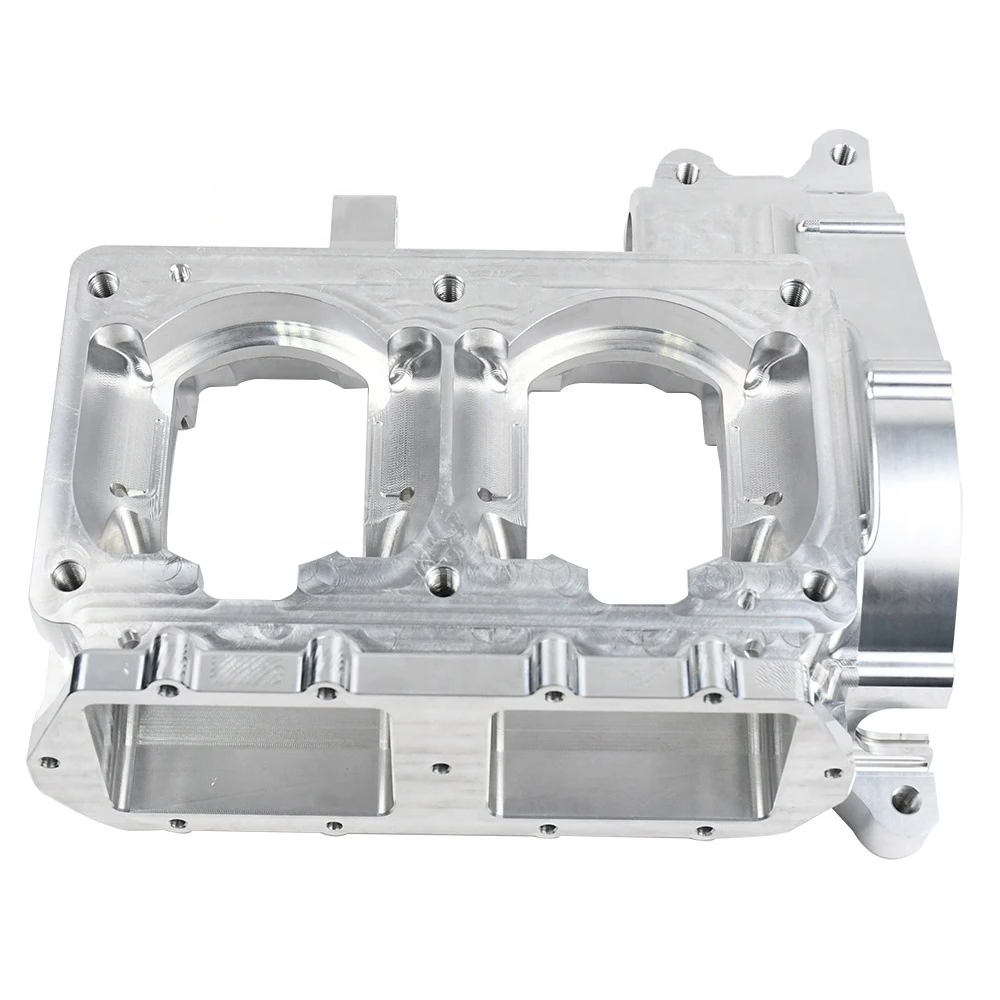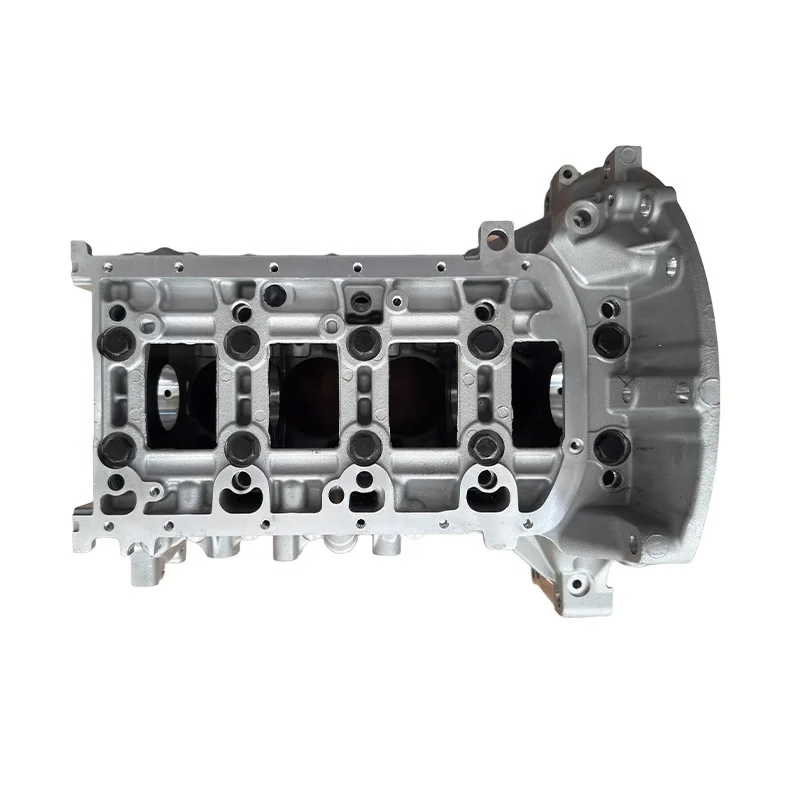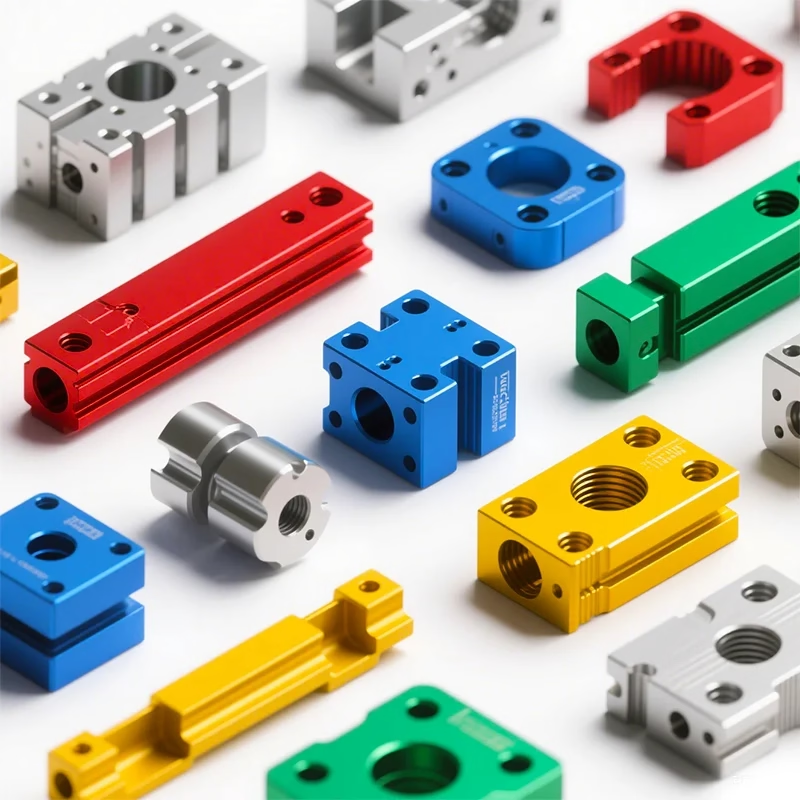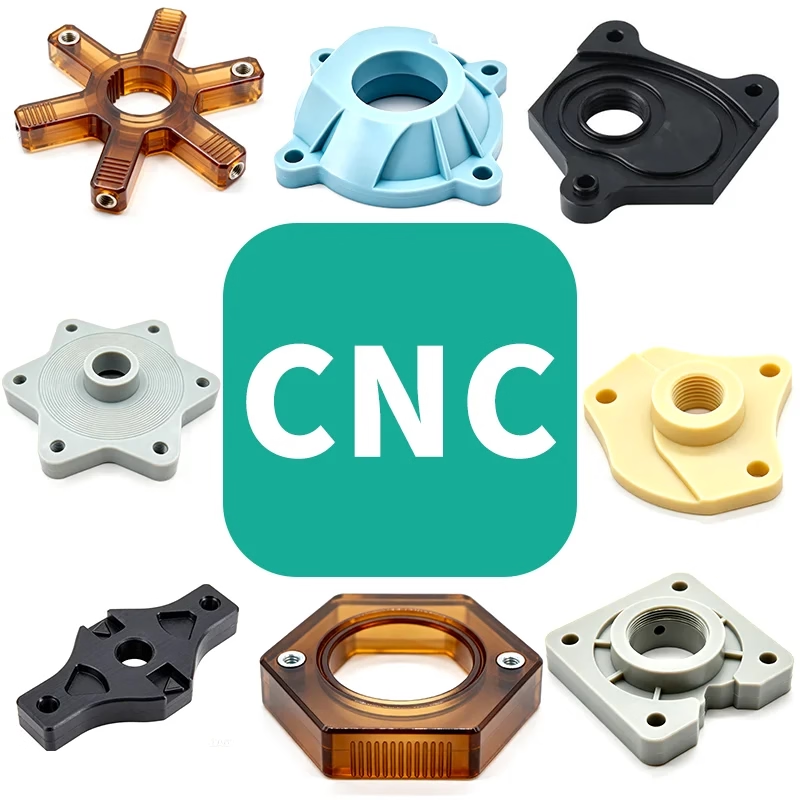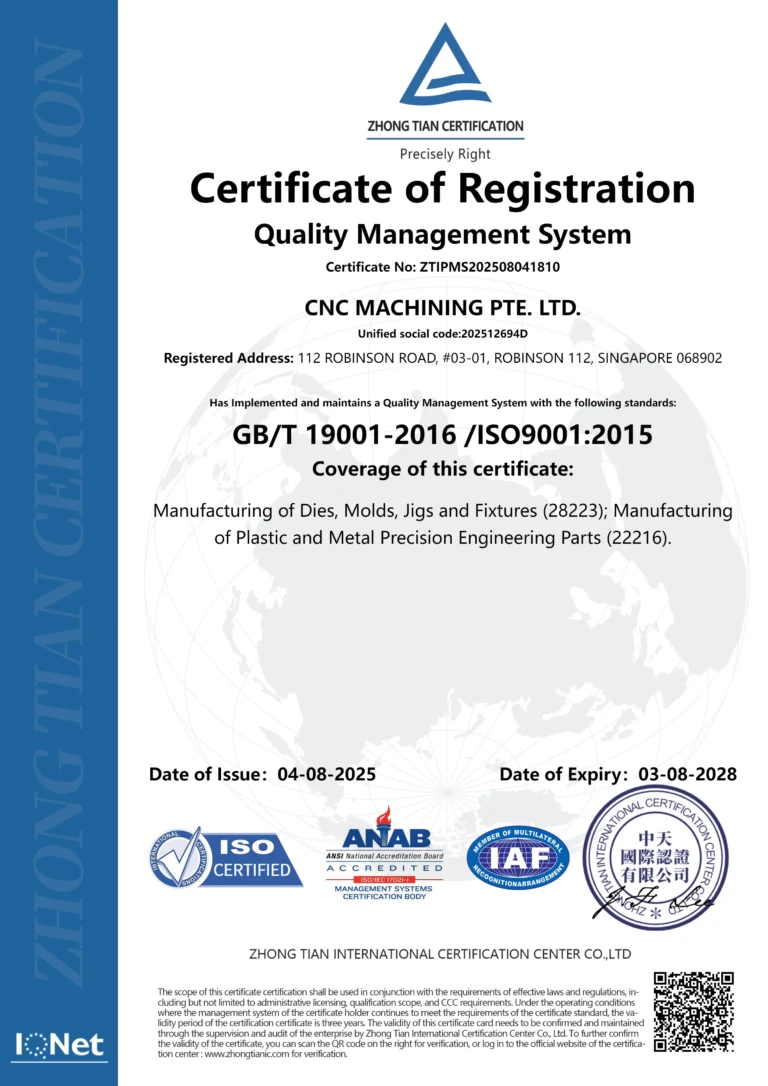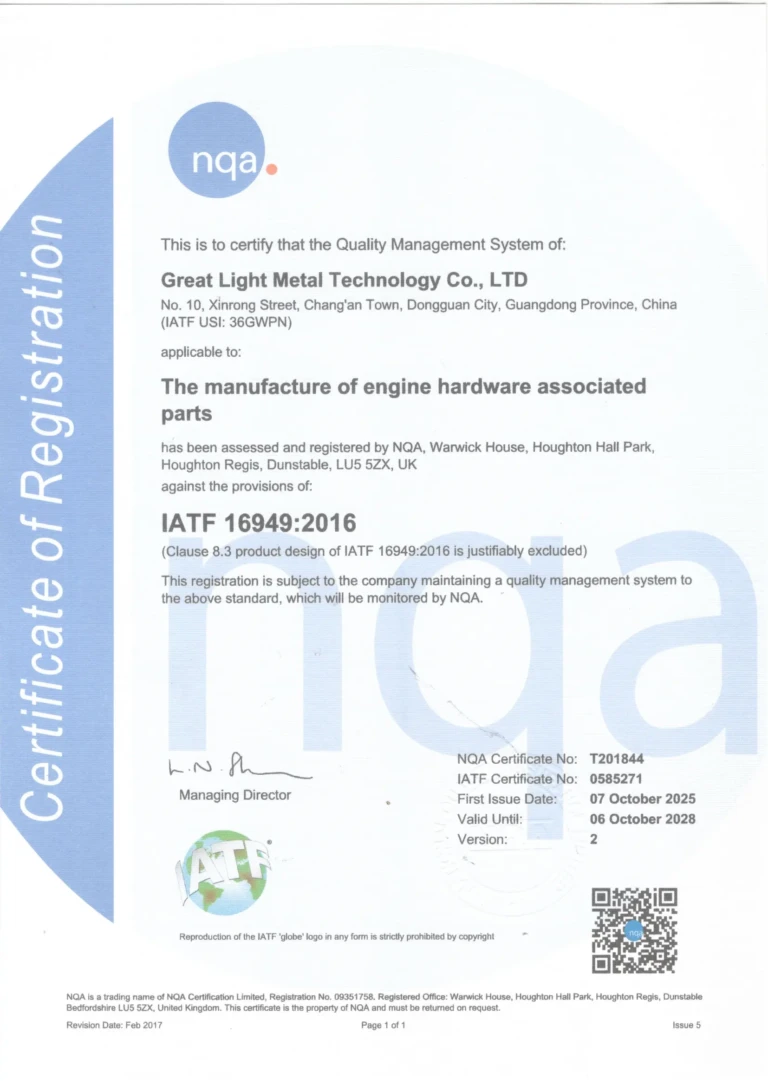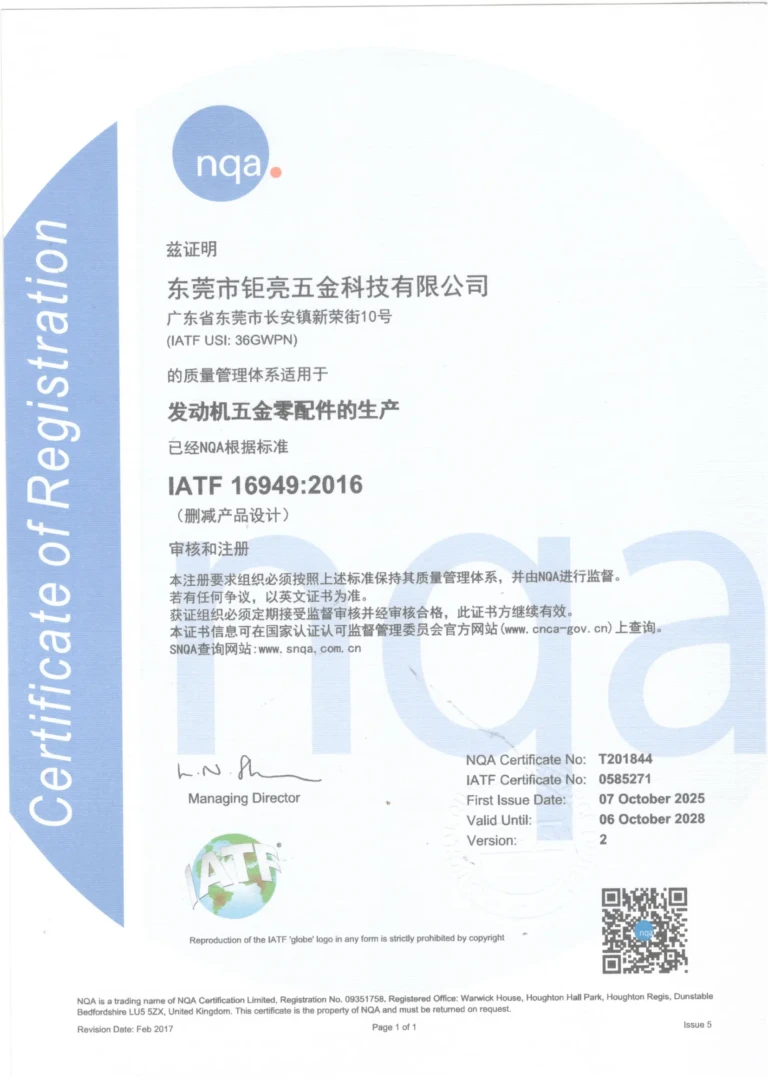Title: The Future of Precision Engineering: Top CNC Machining Companies Revolutionizing Industry
introduce
In today’s advanced manufacturing world, CNC (computer numerical control) machining has become a transformative force driving efficiency, precision and innovation across industries. As businesses increasingly turn to automation, several top CNC machining companies are redefining production, part quality and customization possibilities. This blog post delves into the remarkable progress made by these leading companies, highlighting their strategic innovations and the role they play in shaping the future of manufacturing.
Learn about CNC machining
CNC machining is a process that uses computer-controlled machines to cut, shape and finish materials into precision parts. By leveraging automated programming, CNC machines can produce complex designs that would be impossible or extremely inefficient through manual methods. This technology has a wide range of applications in a variety of fields including aerospace, automotive, medical and consumer electronics, making it a cornerstone of modern manufacturing.
Types of CNC machine tools:
CNC milling machine:
- Rotary cutting tools are used to remove material from fixed blocks, ideal for creating complex geometries.
CNC lathe:
- Rotates the workpiece against the cutting tool, ideal for cylindrical parts.
CNC plasma cutting machine/welding machine:
- Use plasma to cut or weld metal, often used to create sheet metal components.
CNC laser cutting machine:
- High-precision cutting using laser technology, especially suitable for complex designs.
- CNC milling machine:
- Typically used on softer materials such as wood, plastics, and composites, CNC mills excel at fine designs.
As companies strive to become more efficient and competitive, an emphasis on advanced CNC machining technology has never been more important.
CNC machining company leading the industry revolution
Several companies stand out in the world of CNC machining, each bringing unique innovations and transformative practices to the forefront. Here, we explore some of the top CNC machining companies driving change through a forward-thinking approach.
1. DMG Sen
Innovative technology:
DMG Mori is known for its pioneering twin-spindle turning technology, which enables the machining of multiple components simultaneously. This not only speeds up production time but also increases the accuracy of machined parts by minimizing the need for re-clamping.
Digital manufacturing innovation:
The company is actively implementing Industry 4.0 principles by integrating IoT (Internet of Things) solutions into their machines. This enables real-time monitoring, predictive maintenance and data analytics to maximize operational efficiency.
2. Haas Automation Corporation
Accessibility and performance:
Haas Automation’s CNC machines are known for being affordable without compromising accuracy. They offer a wide range of machining centres, turning centers and CNC lathes that cater to the needs of small workshops to large manufacturing entities.
User-friendly interface:
Their commitment to making CNC machining accessible is reflected in their intuitive control system, which simplifies operation and shortens the learning curve for new operators.
3. FANUC America, Inc.
Robot integration:
FANUC is the first to integrate robotics with CNC machining equipment to automate part loading, unloading, and even inspection. This increases the efficiency of the entire production system.
Artificial Intelligence in Manufacturing:
Their ongoing artificial intelligence research aims to optimize machining parameters during production, significantly reducing cycle times while improving part quality and repeatability.
4. Reading Company
Thermal stability:
Okuma is known for its unique thermal-friendly concept that ensures CNC machine tools maintain thermal stability during long periods of operation. This helps maintain high accuracy and extends the life of the machine.
Customized solutions:
The company specializes in providing customized CNC solutions to meet the specific needs of different industries, from aerospace parts requiring extremely high precision to rapid prototyping of consumer electronics.
5. Mazak Corporation
Multi-tasking machine:
Mazak specializes in multi-task machining centers that combine turning, milling and even additive manufacturing capabilities in one machine. This reduces processing time for complex parts and increases throughput.
Commitment to sustainable development:
Mazak is a leader in sustainable processing practices, utilizing energy-efficient designs and materials and promoting waste-reducing technologies throughout the manufacturing process.
6. Brothers Industrial Co., Ltd.
High speed processing:
Brother’s CNC machining centers are designed for high-speed machining, significantly reducing cycle times while maintaining accuracy and surface finish quality.
Multifunctional application:
Their machines are primarily used in industries such as automotive, electronics and medical devices, proving their versatility in processing a wide range of materials and complexities.
7. Tomach Corporation
Affordable CNC solutions:
TORMACH meets the needs of small and medium-sized businesses by providing cost-effective CNC options without sacrificing quality. Their products are available for prototyping, low-volume production, and educational purposes.
Community involvement:
The company has built a strong user community that shares knowledge and resources so that machinists of all skill levels can benefit from shared experiences and improvements.
8. Siemens AG
Automation and software solutions:
Siemens is at the forefront of the digital transformation of manufacturing, providing comprehensive software solutions that integrate seamlessly with CNC machining operations. Their solutions increase productivity through improved planning and real-time data management.
Edge computing:
Implementing edge computing technology enables Siemens to analyze data on-site, enabling smarter, faster decision-making processes and minimizing downtime.
Technological innovation drives CNC machining
CNC machining is not limited to traditional linear machining; it is constantly advancing thanks to breakthrough technologies. Here are some of the key trends and innovations shaping the future.
1. Additive Manufacturing Integration
By combining CNC machining with additive manufacturing technology, companies can produce complex geometries that would otherwise be impossible. This hybrid approach enables rapid prototyping and reduced time to market, a key factor in an industry that demands agility.
2. Artificial Intelligence and Machine Learning
Incorporating artificial intelligence into CNC machining can enhance multiple dimensions of the manufacturing process. Machine learning algorithms can analyze production data and dynamically optimize processing parameters to increase efficiency, reduce waste and improve quality control.
3. Smart factories and the Internet of Things
The concept of smart factory utilizes IoT devices to create a connected production environment. This requires networked CNC machines that can share data and insights in real time, enabling predictive maintenance, streamlined workflows, and enhanced resource allocation.
4. Advanced materials and coatings
Innovations in materials science are changing the types of materials that can be processed. New alloys, composites and surface treatments can improve the performance and service life of machined components, broadening their applications in challenging environments.
5. Cloud-based solutions
Cloud computing is revolutionizing the way CNC machinery is monitored and managed. With cloud-based software, companies can access real-time data on machine performance, production status and maintenance requirements from anywhere, facilitating better decision-making and enhanced responsiveness.
The role of CNC machining in sustainable manufacturing
In response to global environmental concerns, sustainability has become an integral part of modern manufacturing practices. There are many ways in which CNC machining can play a vital role in promoting more sustainable development:
Reduce waste: Advanced CNC machining processes utilize precise cutting techniques to minimize material waste, thus saving resources.
Energy efficiency: Newer machine designs include energy-saving features that significantly reduce electricity consumption during production.
Recyclable materials: CNC machining accommodates a wide range of recyclable materials, supporting a sustainable product life cycle.
- Lean Manufacturing Practices: The automation and efficiency of CNC machining allow companies to adopt lean manufacturing practices that emphasize reducing waste and optimizing processes.
in conclusion
Driven by technological advancements and innovative companies, the CNC machining industry is undergoing a major transformation. Leading companies such as DMG Mori, Haas Automation, FANUC and others exemplify how cutting-edge technology can be combined with traditional machining practices to generate unprecedented manufacturing capabilities. As artificial intelligence, the Internet of Things and robotics intersect to shape the future, businesses must adapt to the changing environment to remain competitive.
Investing in the right CNC machining solutions and adopting innovative technologies can open up new avenues for productivity and precision, ultimately revolutionizing the way products are made. As the industry moves toward sustainability, the pursuit of efficiency and environmental responsibility will be critical. The future of CNC machining is bright, and companies that embrace these changes will undoubtedly lead the revolution.
FAQ
1. What is CNC machining?
CNC machining is a subtractive manufacturing process that uses computer-controlled machines to remove material by cutting, drilling, or milling to create parts from a variety of materials.
2. How to improve precision in CNC machining?
CNC machines use precise programming and computer control to replicate designs with extreme accuracy, with tolerances as low as a few microns.
3. What are the main benefits of using CNC machining?
Key benefits include increased efficiency, high accuracy, reduced lead times, enhanced design flexibility and the ability to consistently produce complex parts.
4. Which industries benefit from CNC machining?
Industries such as aerospace, automotive, medical devices, electronics, and defense benefit greatly from CNC machining because of its precision and versatility.
5. How do companies ensure their CNC machines are efficient?
Companies can ensure efficiency through regular maintenance, adopting advanced real-time monitoring software, leveraging automation, and implementing best practices such as lean manufacturing techniques.
6. Can CNC machining be used to make prototypes?
Yes, CNC machining is often used to create prototypes because of its ability to quickly and accurately produce custom parts based on design specifications.
7. What role does sustainability play in CNC machining?
Sustainability focuses on minimizing waste, improving energy efficiency and using recyclable materials to reduce the environmental impact of the manufacturing process.
endnote
The growth of CNC machining is a testament to the industry’s adaptability and ability to innovate. Companies willing to embrace change and take advantage of technological advancements can not only improve their manufacturing capabilities but also contribute to a more sustainable and efficient future.
Daguang focuses on providing solutions such as precision CNC machining services (3-axis, 4-axis, 5-axis machining), CNC milling, 3D printing and rapid prototyping services.



